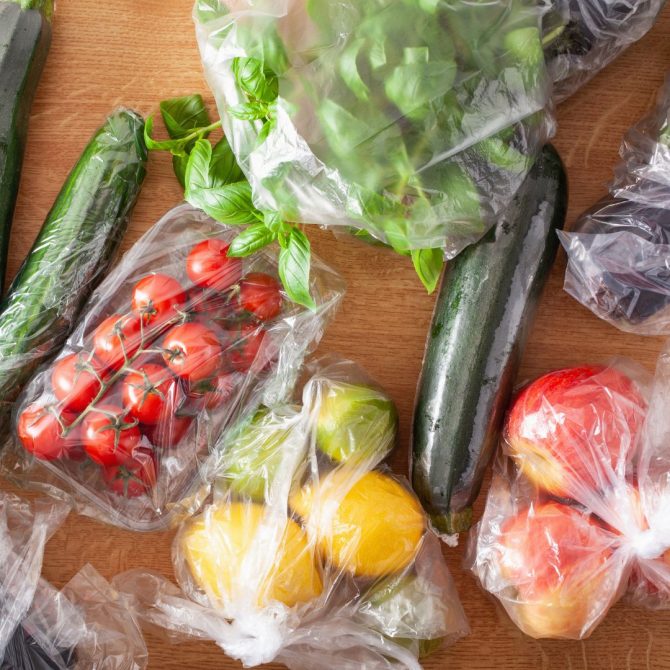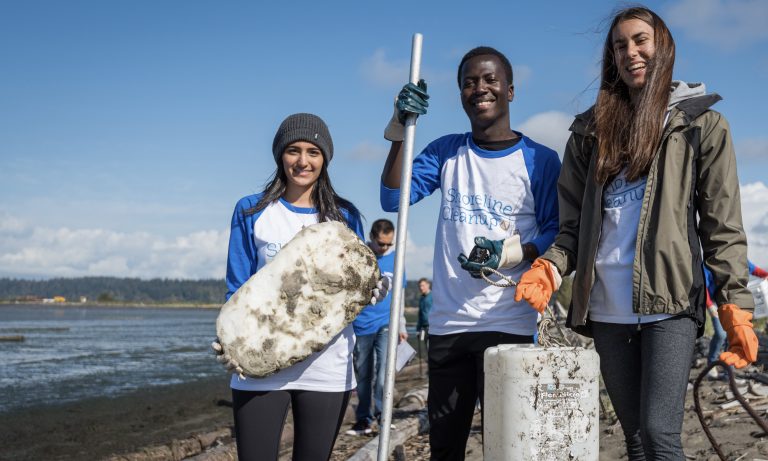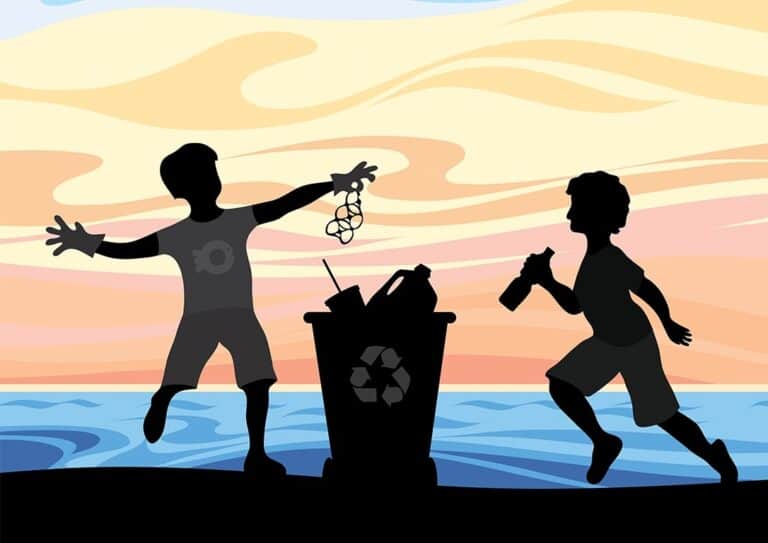
Take the Plastic Challenge
Thank you for taking the pledge to reduce your plastic footprint!
To help you on your journey we will share with you monthly updates and occasional nudges with plastic reduction actions, interesting events and news about ocean plastic. Ocean Wise respects your privacy and personal information and you can unsubscribe from these updates at any time. To learn more about how we gather, use and safeguard your personal information, please read our Privacy Policy.
The Ocean Wise Plastic Reduction Program is made possible with additional support from





